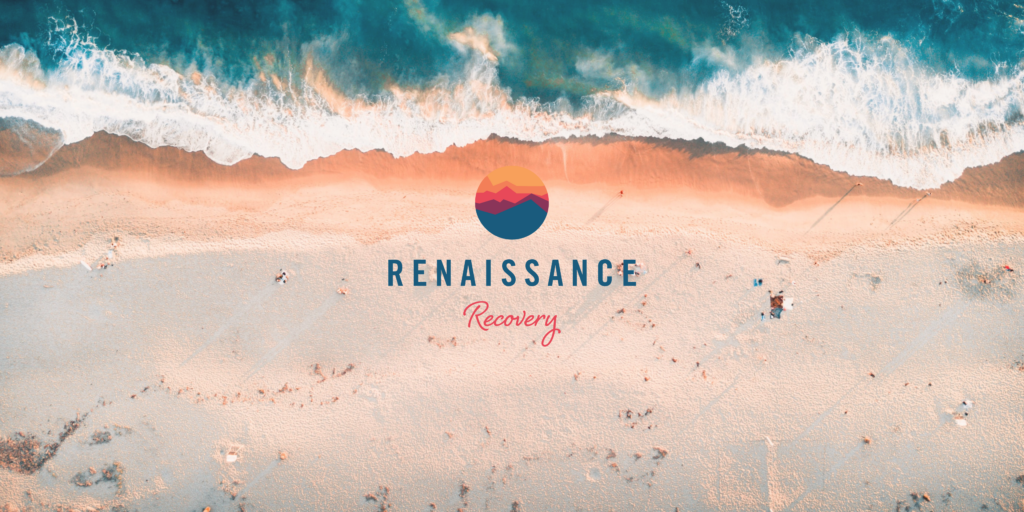When it comes to rehab and “success” there are really no hard numbers. The success rate of rehab is approximately 75%. However, everyone’s sobriety journey is different, and many people face a hard battle in overcoming addiction.
However, going to rehab more than once is common and can drastically reduce the number of people who are able to quit abusing substances.
Achieving and maintaining sobriety can be a person’s life work. This in itself can be considered a great success.
Rehab Success Rates
Addiction is a very complex disease and doesn’t discriminate on age or gender. In 2022, about 20 million Americans over the age of 12 were affected by a substance use disorder. While many do not get treatment, of those who do, about 50% relapse. This shows how prevalent in our society strong addiction has become.
Even with these numbers, it is clear that rehab is largely effective in treating those with addiction disorders.
Making the most out of a rehabilitation experience hinges largely on the person. If the person is motivated and willing, they will be much more likely to have a higher chance of success. About 40% of people in treatment centers chose to enter of their own volition. An open mind and willingness to change is said to be the strongest factor in a prolonged success post a rehabilitation experience.

Alcohol Rehab Statistics
The success rate of rehab for alcoholics is about 62%. Alcoholics are the most seen in rehab facilities, making up over 41% of those in treatment centers.
It is no surprise that alcoholics make up the highest percentage of people in rehab centers as it is easy to quickly fall into alcohol addiction. Alcohol is not only legal but often woven into our daily lives through work and friendships. When someone realizes they have a problem, that is the first step to change.
How to Be Successful in Addiction Recovery
While being willing to get help for addiction may be the biggest factor for long-term change, there are a few habits and tactics people can do to heighten their chances for success.
Journaling, exercising, staying present (using meditation), having an accountability partner, and leaving outside drama outside, are a handful of techniques people can use to enhance their experience.
Having an open mind, combined with these tools, can create a condition ideal for success.
What is Rehab?
So, what is rehab?
Short for rehabilitation, rehab is a specialized facility that has individualized programs available to help people who are addicted to drugs or alcohol get clean.
We often associate rehabilitation with some sort of physical injury. While the situations are different, the principle is the same, something is broken and needs to be repaired.
We don’t often equate rehab out of the physical and into the mental. However, this may be the most important part of rehabilitation. Rehabbing one’s mind can have a very strong effect on the rest of the person’s life as well. Stripping away old thought processes and habits can make room for new and healthy ones.
A rehab facility is usually built as an all-encompassing place where people go to stop using or abusing drugs and/or alcohol.
Rehab Levels of Care
Often times people will enter what is called inpatient treatment. This means that the person doesn’t return to their home nightly, but instead receives intensive treatment and resides at the facility. This clean break or separation from their normal routine can be very helpful in the process of becoming and staying sober.
In addition to inpatient treatment, there are other levels of treatment from intensive outpatient treatment to outpatient treatment. Each case is different and therefore varying modalities may be recommended.
Whatever the case, rehab is meant to be a place of solace and healing for those struggling with addiction of any kind.
Does rehab really work and is it effective?
Generally speaking, the answer is yes, rehab is effective and is very beneficial to anyone trying to become and stay sober. 80% of people who have completed a drug rehab say that their life has greatly improved post-treatment.
To have an improved life after a given stay at a treatment facility can only be deemed a success.
What is The Success Rate of Rehab?
It’s difficult to pinpoint exact numbers of success as success looks different for each individual.
While some who go to treatment may never consume alcohol or drugs again, others may enter treatment, heal their wounds and find that they are able to readjust to regular life without abusing substances.
That said, when we look at the success rate of rehab, we have to look through a wide lens, keeping an open mind that success looks different for everyone.
Success Rates of Addiction Treatment Programs
9 months after treatment, between 85 – 95% of people are still sober.
The relapse rate among alcoholics and drug users including opioids and cocaine is between 40-60% after one year. As stated before, the hard numbers of success defined by continued sobriety are difficult to pinpoint.
However, studies do show that the longer the person remains sober, the more likely they are to stay sober.
In total, rehab only has a positive effect on those who partake. Whatever their recovery may look like, people find that rehab only perpetuates their journey in a positive way.

Start Your Rehab Journey to Recovery at Renaissance Recovery
At Renaissance Recovery, we know that sobriety is a journey that certainly isn’t the same for everyone. As far as success rates, people are most likely to relapse in the first 30 days post-treatment.
We know how important continued care is, therefore, we are able to assist you all the way from detox to aftercare.
Renaissance Recovery has rehabs in Florida and California and is experienced in working with all kinds of addiction. From drugs to alcohol to dual diagnoses, we are able to accommodate and treat all kinds of addiction. We are able to guide you through your journey through treatment and beyond.
We know the important role that continued group therapy, and community plays in long-term sobriety, and we have programs that will keep you accountable and foster your recovery. Reach out to us today at 866.330.9449 to start your new drug-free life!









